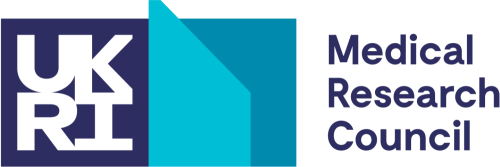Professor Stuart Moat, Cardiff and Vale University Health Board
Professor Yuqin Wang, Swansea University
Professor Kevin Mills, University College London
Dr Simon Jones, The University of Manchester
Dr Andrew Morris, Manchester University NHS Foundation Trust
Dr Mohsen Ali Asgari (Project Manager), Swansea University
One of the top priorities set out by the UK Rare Diseases Framework is to help patients get a final diagnosis faster. There are an estimated 6,000-8,000 rare diseases, including over 1,000 disorders that a person is born with but may often not be discovered until later in life. The majority of rare disease patients experience a long diagnostic journey, including diagnosis delay, misdiagnosis, or no correct diagnosis. Harnessing the power of gene technology for patient care has made a significant advance, but gene sequencing is mostly limited to diagnosing patients with known mutations. To help improve rare disease diagnosis, a variety of techniques such as lipidomics and metabolomics (where hundreds of molecules made by the body are measured simultaneously), and gene sequencing technology need to be developed together and integrated into current methods. Clinicians want more global and efficient tests which can identify what is the cause of the medical problem and can rule out other conditions in an initial assessment with a fast turnaround time.
UK academic laboratories have world-leading expertise in a modern lipidomics and metabolomics techniques, but at the moment this so specialist that it is not used for most patients and therefore they do not benefit from the most recent technology developments.
To address the challenges in rare disease diagnosis our node aims to bring together, bioanalysts including experts in lipidomics, metabolomics, clinical scientists, clinicians, geneticists, biostatisticians and patient groups, from across the four nations of the UK, to establish new routes for clinical access to single tests that can identify metabolomic disorders targeted at rare diseases, enabling earlier diagnosis, intervention, monitoring of treatment, and improved clinical outcomes.


© 2025 Copyright Rare Disease Research UK